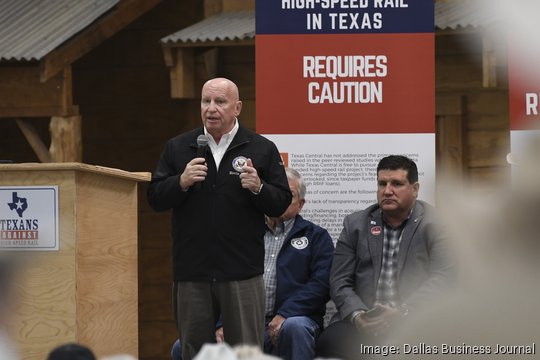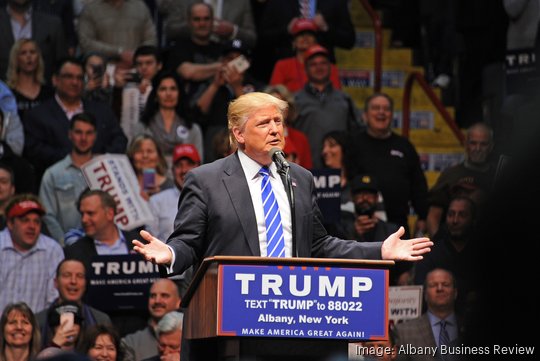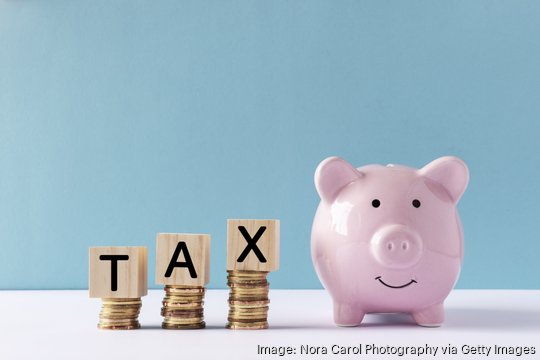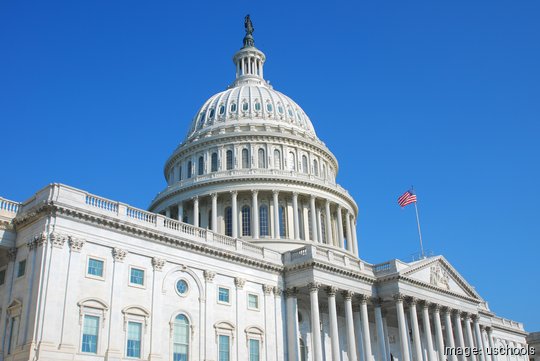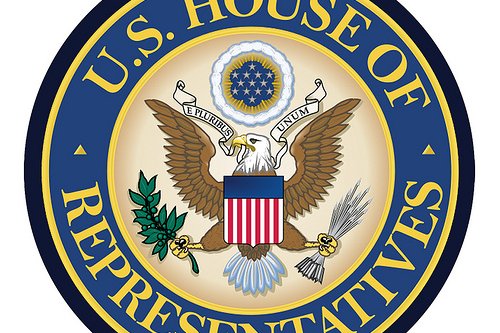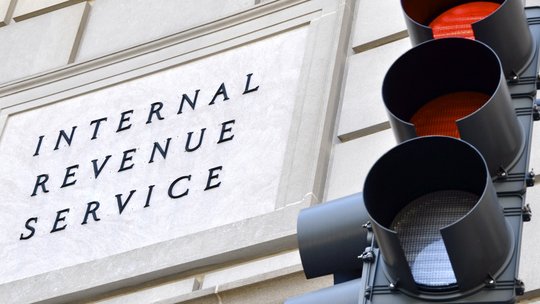
For small businesses like research-focused Smart Materials Solutions, patience is running out for Congress to fix a tax rule designed to help small businesses.
SMS, like many research-heavy companies in North Carolina, is trying to figure out how to pay monumental tax bills that, two years ago, would have been fully expensed.
A solution to the problem passed the House of Representatives as part of the recent bipartisan tax package. The legislative fix included in the bill would correct an earlier decision not to extend a provision that allows research and development costs to be fully expensed under Section 174 of the federal tax code.
“We have to pay all of this money, but we have no source of money from which to pay it, because there aren’t actually profits,” said Nichole Scott, vice president of research and development for SMS.
And while the action in the House gave business leaders like Scott something to celebrate, the Senate recently recessed without taking up the measure. Senators have said they're sympathetic to entrepreneurs' plights, but they have stopped short of saying the tax bill will have their support.
Section 174: A timeline
Section 174: A timeline
What North Carolina's senators are saying about Section 174
Adam Webb, a spokesperson for Sen. Thom Tillis, says “restoring full expensing under Section 174 is one of Senator Tillis’ top priorities.” But that doesn’t mean Tillis will vote for the bill, as he has “serious concerns with the tax bill, specifically the pay-for and the child tax credit requirements.”
Webb said Tillis is working with colleagues to consider the bill in the Senate Finance Committee to address those concerns.
Similarly, Sen. Ted Budd’s office said he is in favor of a Section 174 fix, but has concerns about the overall bill. That leaves companies like SMS in limbo, a frustrating place to be for a firm that should be celebrating key contract wins.
SMS, now at four full-time workers, focuses on scaling up nanotechnology.
“When someone says, I can improve the efficiency of this solar panel by adding nanocoating … we are actually manufacturing that nanocoating,” Scott said.
The company recently signed two new contracts for pilot projects with the Army. It should be celebrating. But instead, it’s budgeting and trying to figure out how to pay tax bills with money it doesn’t have.
“We should be in a really great place,” Scott said. “As a company, we’re on the verge of commercializing products we’ve been developing for years. But unfortunately, there’s this tax thing.”
SMS, like most other companies the Business Journal talked to, found out about the issue in early 2023. For SMS, it could have been a devastating blow. All it does is research. Its expenses, form salaries to supplies and rent, had to be amortized for 2022.
While the company posted a small loss for 2022, it got stuck with a taxable profit of about $1 million.
“We posted a loss,” Scott said. “We don’t have profits from which to pay the taxes we owe.”
As an S corporation, the company had another hurdle. Taxable profits got passed to its shareholders, “which in our case is our employees.”
“That million dollars profit gets passed down to employees as income that we didn’t actually see,” Scott said. For Scott, it meant her taxable income in 2022 was more than double what she actually made, forcing her to pay a substantial portion of her salary directly to the Internal Revenue Service.
It's affected her in profound ways. When she bought her first electric vehicle, for example, the “fake income” put her above the limit to receive the EV tax credit.
But it could be worse. Her CEO, Stephen Furst, “literally owes more in 2022 federal taxes than his annual salary, which means his take home pay is negative.”
While some companies are opting out of the research game entirely, SMS is evaluating its options. First it asked for a loan from its bank, but got turned down. Then it asked for extensions from the IRS. It was approved, but interest is still collecting.
To pay the 2022 tax bill, SMS plans to completely wipe out its savings, money that had been meant to commercialize its products – paying for equipment when it’s finally ready to manufacture.
“That wipes out our plans for the future, and that only pays for 2022,” Scott said. “And as you know, 2023 is coming up.”
Scott has been reaching out to her elected representatives for a year, calling, emailing and even faxing. She hopes congressional staffers “communicate to the senators themselves how important it is to fix this situation."
